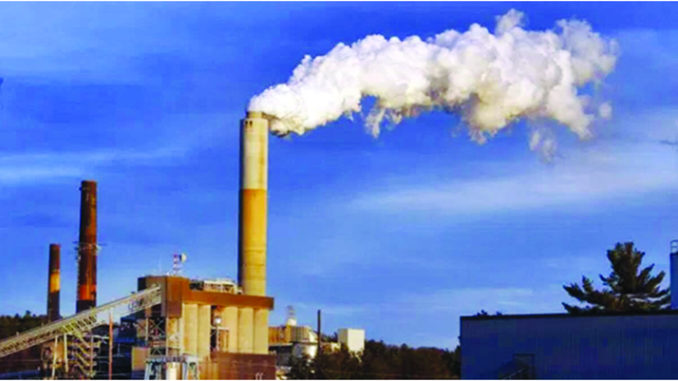
New Delhi (TIP): India is among the 11 countries which have been identified by United States intelligence agencies as ‘countries of concern’ with regard to climate change.
According to a US intelligence report, these 11 countries, including Afghanistan and Pakistan, are highly vulnerable in terms of their ability to prepare for and respond to environmental and societal crises caused by climate change.
A senior intelligence official told news agency Reuters that in a fresh National Intelligence Estimate report of the National Intelligence Council, the office of the director of national intelligence (ODNI) predicted that global warming will increase geopolitical tensions and risks to the United States’ national security up to 2040. The report has been released ahead of the 26th United Nations Climate Change Conference of the Parties (COP26) in Glasgow.
Among the countries of concern, heat, drought and the ineffective government in Afghanistan make the situation in the war-torn country worrying, the above official said. Meanwhile, in India and the rest of South Asia, water disputes has been predicted as important geopolitical flashpoint.
The report threw light on India and China playing a critical role in determining the trajectory of temperature rise. India and China are the fourth and first largest emitters respectively, it said.
Both the countries are growing their total and per capita emissions. On the other hand, the United States and the European Union (EU), as the second-and third-largest emitters, are reducing their emissions.
“Both China and India are incorporating more renewable and low-carbon energy sources, but several factors will limit their displacement of coal,” the report said.
“They need to modernise their grids, have sunk costs that make it relatively cheaper to use coal compared with other energy sources, want to minimise reliance on fuel imports for national security reasons and are trying to appease domestic constituencies who rely on the coal industry for jobs,” it added.
Source: HT





Be the first to comment